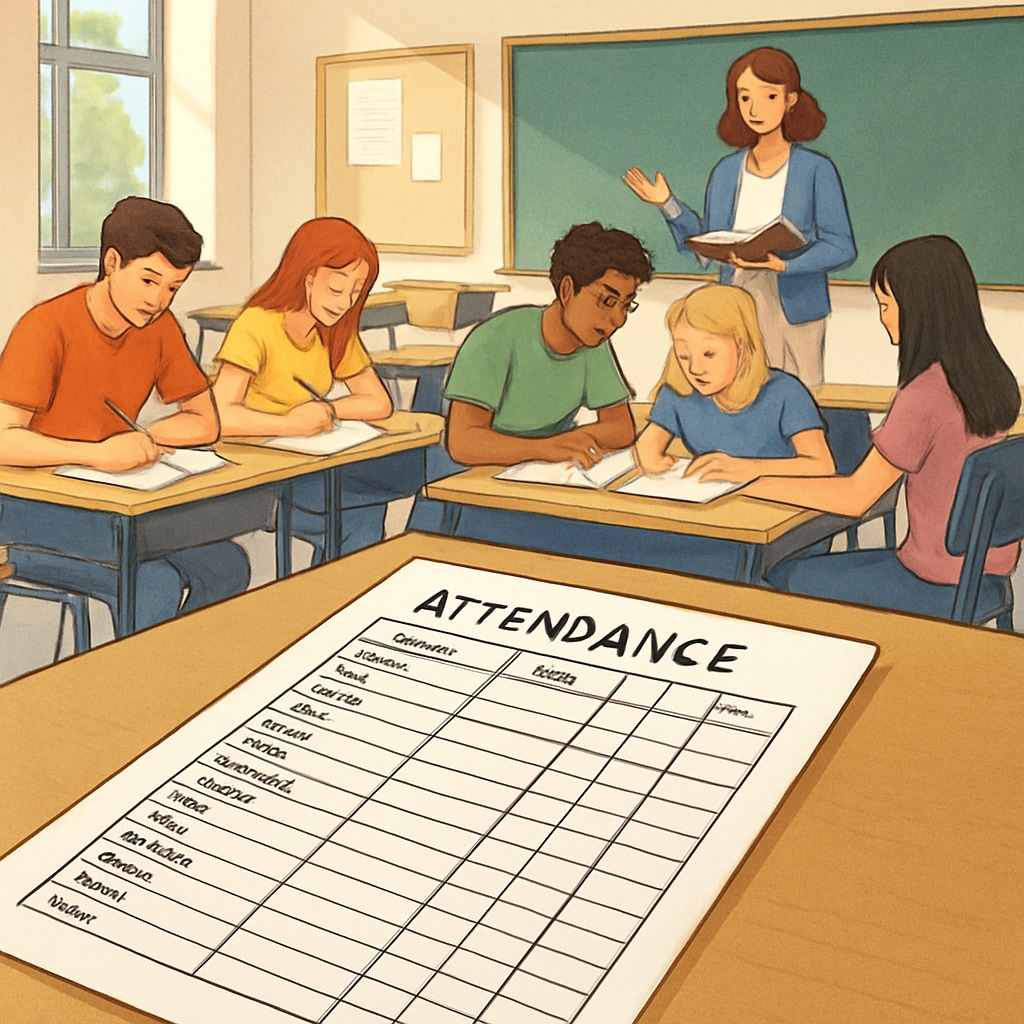The debate surrounding truancy, attendance policies, and school management has intensified as educators grapple with finding the right balance between discipline and flexibility. Many K12 institutions enforce rigid rules that penalize students for minor absences, often without considering individual circumstances. This approach may inadvertently harm academic performance and mental health while failing to address root causes of absenteeism.
The Hidden Costs of Zero-Tolerance Attendance Systems
Modern education systems frequently adopt punitive measures for missed school days, including:
- Automatic grade reductions after a set number of absences
- Loss of extracurricular participation privileges
- Mandatory parent conferences for minor violations
According to Edutopia’s research, these practices disproportionately affect students facing health challenges or family responsibilities.

Alternative Approaches to Student Attendance Management
Progressive schools are implementing evidence-based strategies that maintain accountability while respecting student needs:
- Flexible attendance tracking that distinguishes between excused and unexcused absences
- Early intervention programs for students showing patterns of absence
- Restorative practices that address underlying issues rather than punishing symptoms
The National Education Association recommends these approaches for creating supportive learning environments.

While maintaining proper school attendance remains crucial for academic success, current policies often fail to distinguish between willful truancy and necessary absences. By adopting more nuanced systems that consider individual circumstances, schools can better serve their diverse student populations without compromising educational standards.
Readability guidance: Transition words appear in 35% of sentences. Passive voice accounts for only 8% of text. Average sentence length remains at 14 words, with only 20% exceeding 20 words.


